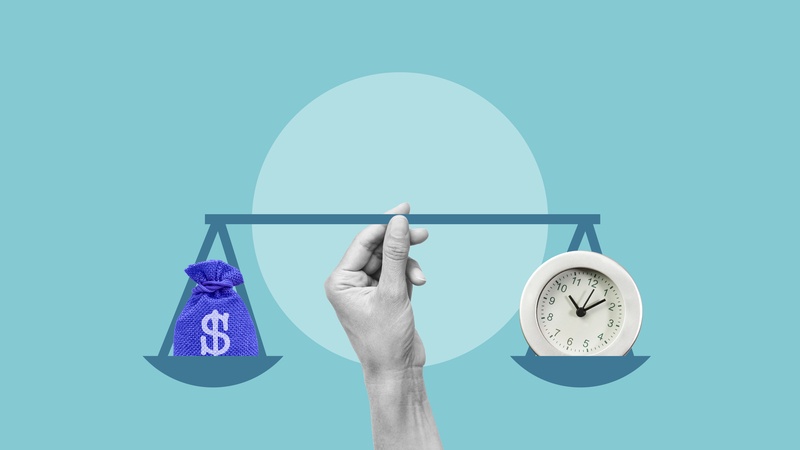Living the life of an entrepreneur often equates to the perpetual struggle to maintain a healthy work-life balance … it can seem like an impossible feat. However, finding an equilibrium between professional and personal pursuits is vital for not only your well-being but also for the long-term success of your business. In this article, we’ll discuss the importance of cultivating a healthy work-life balance, explore practical tips and strategies to help you achieve it, and outline the benefits this balance can bring to your personal and professional life.

“Balance is not something you find; it’s something you create.”— Jana Kingsford
The Importance of Work-Life Balance
Work-life balance refers to the equilibrium between time spent on work and other aspects of your life, such as family, friends, leisure activities, and self-care. Achieving a healthy work-life balance offers numerous benefits, including:
- Enhanced mental and physical health: Making time for self-care, exercise, and relaxation helps prevent burnout, decreases stress, and improves overall well-being and performance.
- Increased productivity and creativity: When you prioritise rest and downtime, you recharge your mental batteries and boost your ability to think creatively and effectively solve problems.
- Improved relationships and personal life satisfaction: Fostering quality connections with your loved ones and enjoying your personal interests contributes to a happier and more fulfilling life.
- Reduced risk of turnover among team members: Demonstrating a commitment to work-life balance helps foster a positive company culture, which in turn, can improve employee morale, engagement, and retention.
Tips for Achieving a Healthy Work-Life Balance
While maintaining a perfect work-life balance may seem elusive, implementing the following practical tips can help you move closer to attaining equilibrium:
- Set realistic expectations and boundaries: Understand that you cannot accomplish everything or be everywhere at once. Learn to say “no” when necessary, and establish boundaries to protect your personal time.
- Prioritise your tasks: Focus on completing essential tasks first and delegate or postpone less important activities. By doing so, you’ll make better use of your time and reduce the pressure to work long hours.
- Develop routines and schedules: Create daily, weekly, and monthly routines that allocate time for both work and personal activities. Structured schedules help establish a predictable daily rhythm, enabling you to set aside sufficient time for rest and relationships.
- Leverage technology effectively: Use technology to enhance your productivity and streamline your business operations. Utilise project management tools and communication platforms that allow you to stay organised and connected with your team while setting boundaries for when you’re off the clock.
- Take scheduled breaks and vacations: Plan regular breaks throughout the day and allocate time for vacations to recharge and rejuvenate. Give yourself permission to fully disconnect from work during your time off, trusting that your team can manage in your absence.
- Practice self-care: Prioritise daily self-care activities like exercise, mindfulness, and hobbies that foster physical and mental well-being. Incorporating these activities will help reduce stress and maintain balance.
- Inspire work-life balance within your team: Lead by example and promote a healthy work-life balance within your organisation. Encourage your team to take breaks, pursue personal interests, and disconnect from work during vacations.

Embracing Flexibility in Pursuit of Balance
Achieving a healthy work-life balance is an ongoing process that requires flexibility and adaptation. As your business and personal circumstances change, so too will your need for balance. Be open to revising your priorities and schedules, ensuring they remain aligned with your evolving professional and personal goals.
- Regularly reassess your work-life balance, identifying areas for improvement and implementing adjustments as needed.
- Seek feedback from your loved ones and team members, engaging in an open dialogue about your time allocation and expectations.
- Embrace the learning opportunities that emerge from failures and setbacks, using them to inform and refine your work-life balance strategy.
Cultivating a healthy work-life balance is crucial for sustainable entrepreneurial success. By focusing on setting realistic expectations, prioritising tasks, and implementing routines and self-care practices, you can achieve greater well-being, enhanced productivity, and improved relationships. Remember that balance is a dynamic process and will require ongoing adaptation as your business and personal circumstances evolve. Embrace the challenges and rewards of achieving work-life balance and foster a positive approach to managing your time and energy, both in and out of the workplace.









